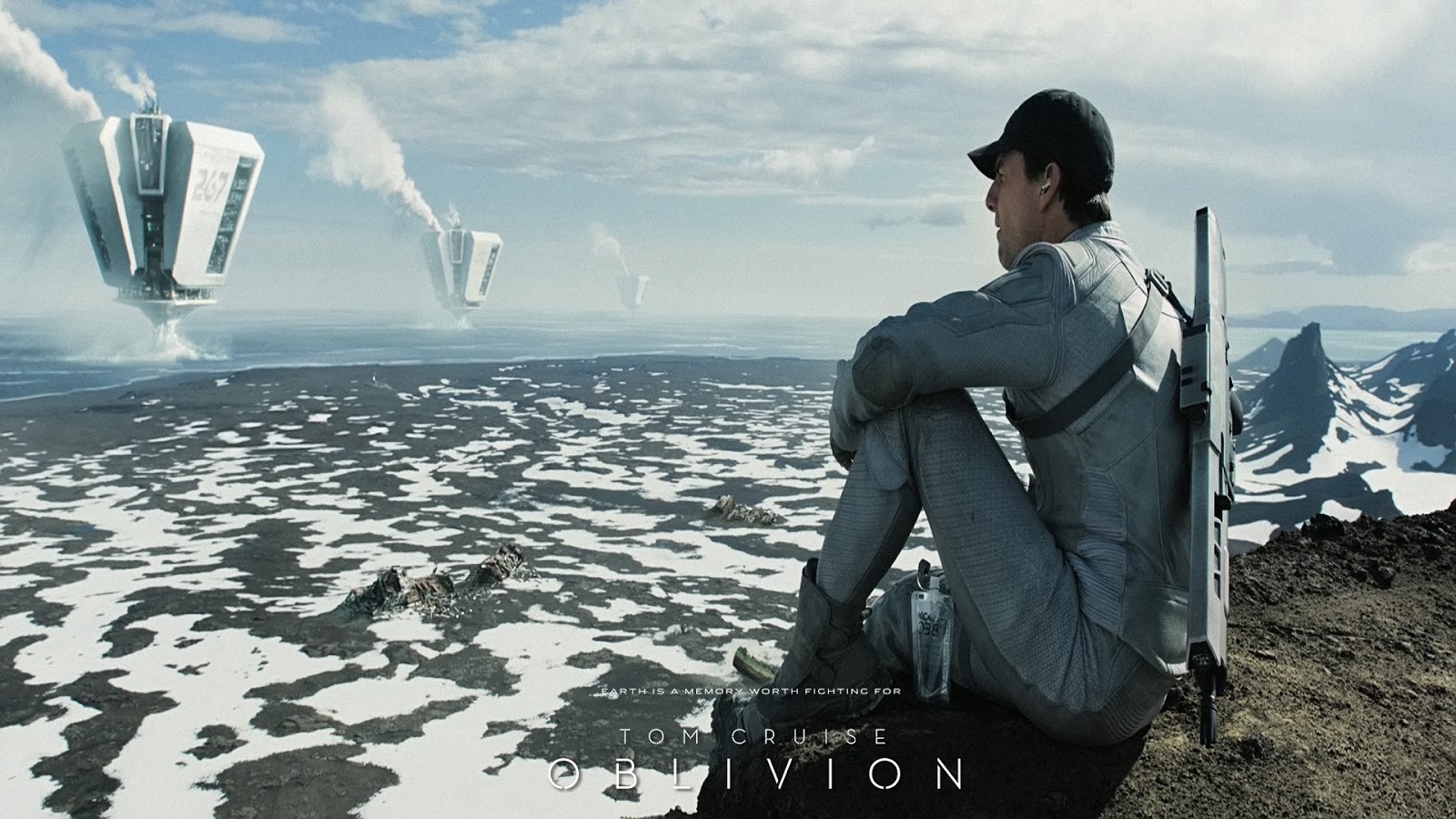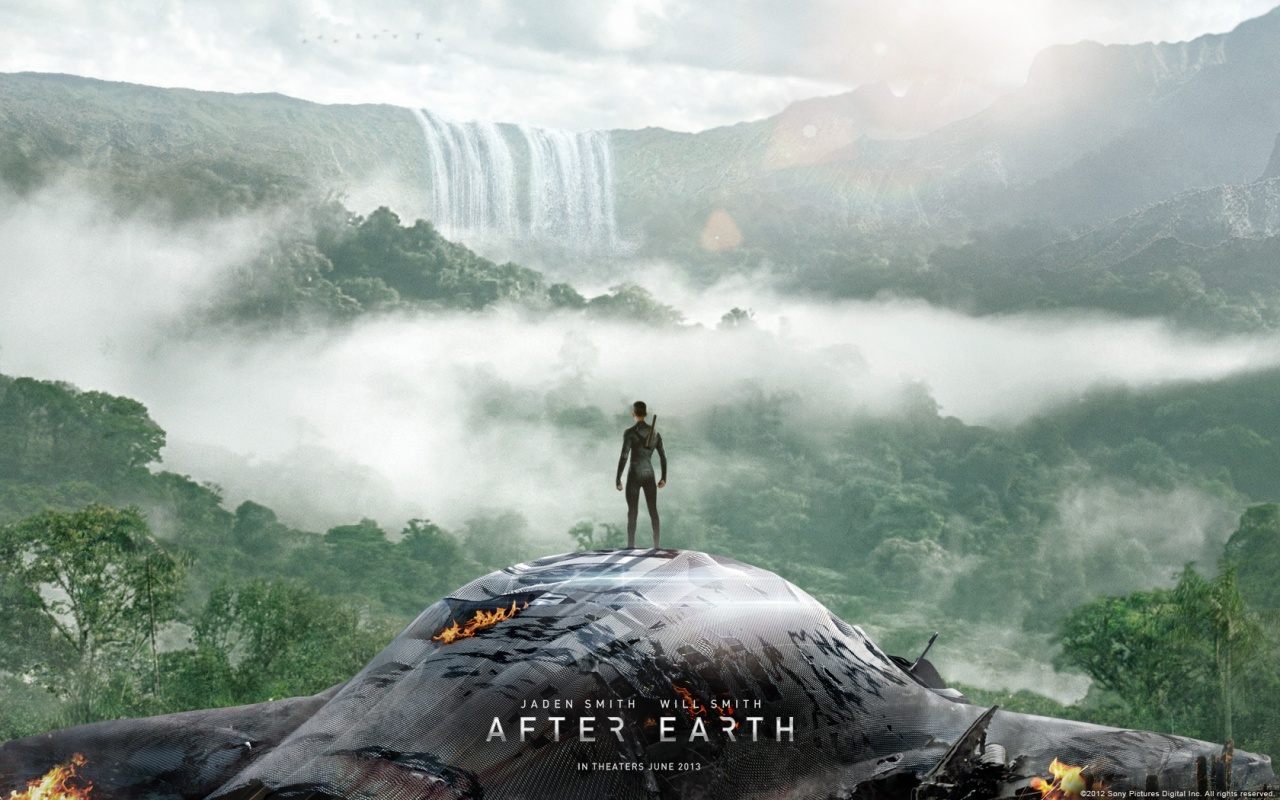THE past weekend was a milestone not just for the Roman Catholic Church in Fiji but for the wider Christian community. It presents an opportunity for all churches in Fiji to re-engage in dialogue and strengthen relationships within the "Body of Christ" in Fiji.
It is no secret that for the last decade, relations between the mainline churches have not reflected the unity expressed in the prayer of Jesus "that they may all be one".
I was encouraged to see a photo, taken by former The Fiji Times editor, Netani Rika, of the leaders of the Methodist Church in Fiji, Salvation Army, Samoan Congregational Church and the Pacific Conference of Churches, standing with Archbishop Chong and archbishop emeritus Petero Mataca. Rika titled the picture, "Brothers in faith".
A new archbishop and new president now lead the two largest Christian denominations in Fiji. Archbishop Winston Halapua, head of the Anglican Diocese of Polynesia — another mainline church — was elected and consecrated in 2010.
Well into the second decade of the 21st century, we are in a time of transition. The world is entering an age that German theologian Hans Küng calls the ecumenical paradigm.
He describes it as the shift towards, "… a new global understanding of the various denominations, religions, and regions; that is, if the religious and theological origins of this term were not all too clear, and if this oikoumen, this inhabited earth, had not become, to so great an extent, uninhabitable — a state that, of course, is essentially connected with 'modern' developments. We have reached a crisis that some today would understand apocalyptically as an 'end time', while others, unwilling to abandon all hope, would see as a time of transition." (Theology for the Third Millennium: An Ecumenical View, 1984)
This transitional period has so far been marked by division. It is time for this to be replaced by embrace — an act of humility; an act of love.
Despite doctrinal differences, the mainline churches profess the same basic affirmation of faith via the Nicene Creed. Even the earlier Apostle's Creed expresses Christian unity as the catholic (the small "c" in this word refers to the universal) church.
Archbishop Chong's coat of arms has the motto: "To be church in the world". He has spoken about the need for the Catholic Church to be relevant in Fijian society.
The same sentiments have been articulated, in various ways, by other mainline church leaders.
The time has come for this relevance to be not only contemporary and contextual, but to be communal. This means not only being relevant to their particular community but to each other's community of faith. It means being relevant to Fijian society as a whole.
To set the example for an inclusive, just and peaceful society, churches in Fiji — both mainline and Pentecostal — need to be communities of faith that practise a radical egalitarianism the poor who are not only the economically disadvantaged but also those who are socially marginalised and excluded.
This means not only meeting others but deeply listening to their stories and including it as part of their own story. It means a preferential option for the marginalised as God's people and for the environment as God's creation. It also means celebrating the traditional values of relationship, community, mutuality and reciprocity which are hallmarks of the Ecclesia Primitiva — the Early Church; while at the same time opening eyes, ears and hearts to embrace the wider community of faith.
This embrace of the wider community of faith is part of the new ecumenical paradigm. The challenge of embracing ecumenism more fully so that the spirit of kononia of fellowship permeates all of Fijian society is a necessary challenge. But it is an encounter with other members of the body of Christ who are also seeking to manifest just peace in their communities.
Such engagement is not only a reminder that we are not alone, but also an opportunity to struggle together, from the global to the local level for God's shalom /peace.
Opportunity knocks for the churches in Fiji.
It knocks at the door of reconciliation and relationship strengthening for the mainline churches.
It knocks at the door of dialogue and cooperation between mainline and Pentecostal churches through both the Fiji Council of Churches and Assembly of Christian Churches in Fiji.
It knocks at the door meaningful engagement in the social, political, economic and environmental issues affecting the nation and the region.
It knocks at the door of friendship and tolerance with the other faith communities to which the other 36 per cent of the population belong.
The door is heavy; it will take many hands to open and keep open.
The door is low, entry requires bending down.
Yet the door is wide enough for diversity to fit through.
Perhaps now is the time to respond to the knocking, before the opportunity is lost.
May the rest of your week be blessed with love, light and peace.
"Simplicity, serenity, spontaneity."
* Reverend James Bhagwan is an ordained minister of the Methodist Church in Fiji and Rotuma, currently a Masters of Theology student in Seoul, South Korea. The views expressed are his and not of this newspaper.




